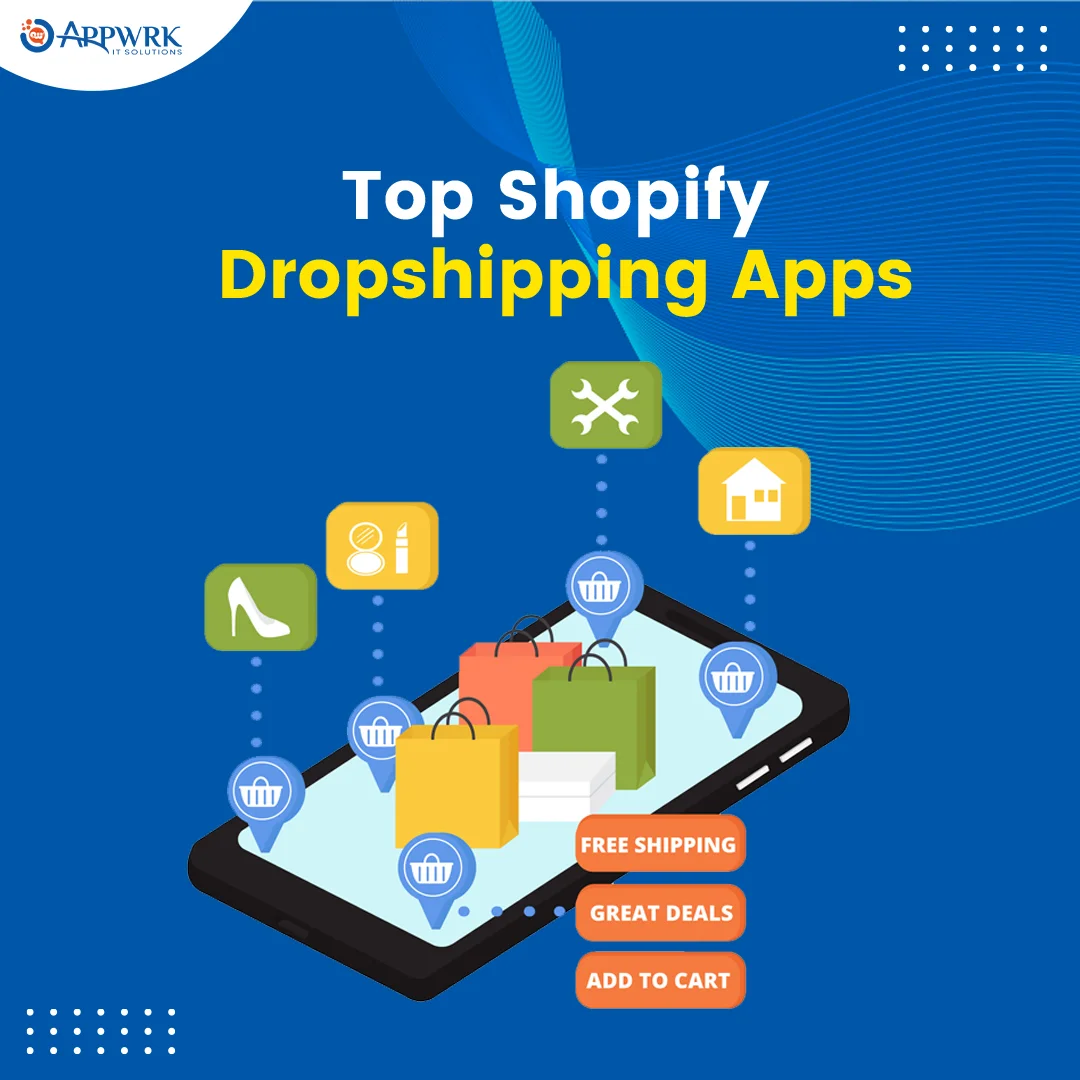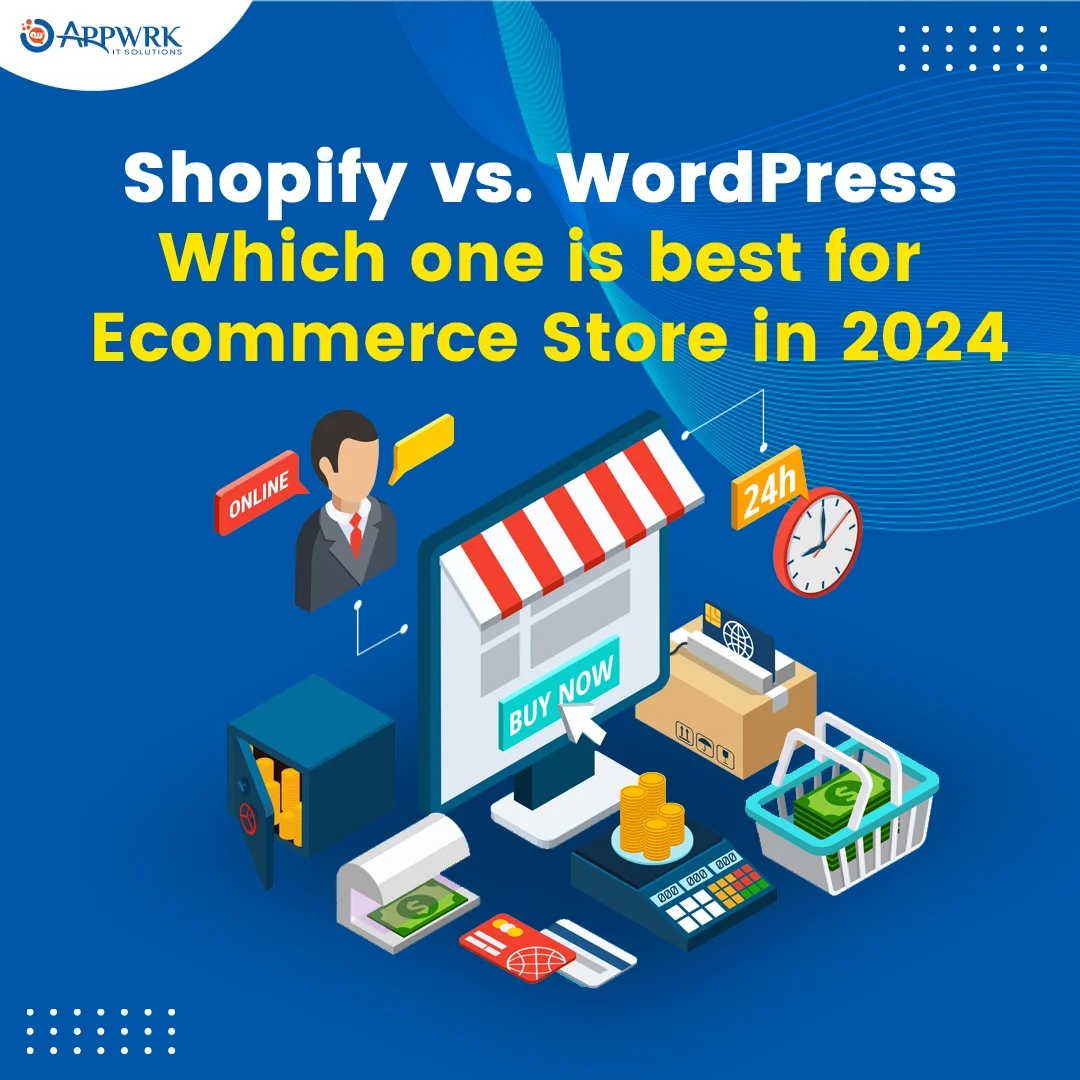Shopify CMS for E-commerce: Pros, Cons, and User Experience
Hey there, small business owner! Building your online presence for an E-commerce store is exciting, but choosing the right tools can be confusing, right? That’s where Shopify CMS comes in, promising to be your trusty sidekick in the world of e-commerce.
In this article, we’re diving deep into Shopify as a Content Management System (CMS) for small businesses like yours. Think of it as your backstage pass to understanding the highs, lows, and real-life experiences of rocking Shopify for your online store.
So, why should consider Shopify as an e-commerce CMS? Here are a few standout benefits:
- Shopify is easy to use and makes setting up your store simple.
- Choose from a variety of themes to reflect your brand.
- Manage products, payments, and more effortlessly.
- Shopify ensures your store’s safety with regular updates.
- Get help whenever you need it from Shopify’s customer service team.
Let’s explore whether Shopify is the ultimate stage for your business to shine!
Table of contents
What is Shopify CMS?
Shopify, in essence, is a comprehensive e-commerce platform designed to facilitate the creation, customization, and management of online stores. Shopify, functioning as a Content Management System (CMS), serves as the digital hub for businesses seeking to establish and grow their online presence.
In Other Words, Shopify serves as an e-commerce CMS that empowers businesses to establish and operate their online storefronts efficiently. It combines various tools and functionalities essential for e-commerce operations, providing a unified platform for product showcasing, order management, and customer engagement.
Key Features: The appeal of Shopify CMS lies in its array of key features that meet the needs of small businesses:
- Shopify as an e-commerce CMS is designed to be simple for every business. It’s easy to move around and do things, even if you’re not great with computers.
- Shopify has lots of different designs like Dawn, Local, and Impact you can choose from and make your own. That way, your store can look just the way you want it to.
- Shopify lets customers pay in different ways, like with Paypal, Stripe, and Square. It keeps everything safe and secure.
- Whether you’re just starting or getting bigger, Shopify CMS can handle it. It can grow as your business grows, so you don’t have to worry about switching to something else.
- If you get stuck, Shopify services offer a dedicated team ready to help you out. They’re there to answer your questions and ensure everything runs smoothly.
So, Shopify is like your own personal helper for running an online store. It takes care of the hard stuff so you can focus on selling your products.
Pros of Using Shopify as an E-commerce CMS For Small Business
Discover the advantages of employing an e-commerce CMS like Shopify for small businesses. These benefits are pivotal in streamlining operations and enhancing the online shopping experience for customers.
Ease of Use
Shopify offers a user-friendly interface that simplifies the setup and management process for small website owners. Its intuitive design ensures smooth navigation, making it accessible to users with varying levels of technical expertise.
Customizable Themes and Templates
With Shopify, businesses have access to a diverse array of Shopify customizable themes and templates. This allows for the creation of unique and visually appealing storefronts suited to the brand’s identity. The platform’s easy-to-use customization options facilitate seamless branding and personalization.
Comprehensive E-commerce Tools
Shopify cms integration equips businesses with a comprehensive suite of e-commerce tools essential for success. From built-in SEO features to seamless payment gateways and shipping integrations, Shopify provides all the necessary tools to optimize store performance and enhance customer satisfaction. You can also integrate third-party cms for shopify stores and benefit from the additional features it offers.
Security and Reliability
Security is paramount in the realm of e-commerce, and Shopify prioritizes the protection of customer data. With PCI compliance and regular updates and maintenance, Shopify ensures a secure and reliable platform for businesses to operate without fear of security breaches.
24/7 Customer Support
Businesses can rely on Shopify’s dedicated customer support team for assistance around the clock. Whether through chat, email, or phone support, Shopify offers responsive and knowledgeable support channels to address queries and provide guidance whenever needed.
The use of Shopify as an e-commerce CMS offers small businesses a host of benefits, including ease of use, customization options, comprehensive e-commerce tools, security, and reliable customer support. These advantages collectively contribute to the seamless operation and growth of small businesses in the online sphere.

Cons of Using Shopify CMS For Small Businesses
Let’s discuss some drawbacks you may encounter when utilizing Shopify CMS for your E-commerce Store. Understanding these limitations is crucial for making informed decisions about your e-commerce platform.
Monthly Fees
Shopify CMS operates on a subscription-based model, meaning you’ll need to pay a monthly fee to access its services. Additionally, certain features, apps, or premium themes may incur additional costs, potentially increasing your overall expenses.
Transaction Fees
Shopify charges transaction fees for each sale made through your online store. While these fees may initially appear negligible, they can accumulate over time and impact your profitability, particularly for businesses with high transaction volumes.
Limited Customization Beyond Themes
While Shopify offers a variety of customizable themes, users may encounter limitations when attempting to make significant customizations. Compared to open-source CMS platforms, Shopify may restrict the extent to which you can tailor your store’s appearance and functionality.
Dependency on Third-Party Apps
To access advanced features or functionalities not offered by Shopify’s built-in tools, users may rely on third-party apps. However, integrating and managing these apps can introduce complexity and dependencies, potentially complicating your store’s operations.
SEO Limitations
Search Engine Optimization (SEO) is crucial for improving your store’s visibility online. While Shopify CMS includes some basic SEO features, they may not be as robust as those offered by other e-commerce CMS. Overcoming these limitations may require additional effort and resources to enhance your store’s search engine ranking.
Despite these pros and cons of Shopify, Shopify as an e-commerce CMS remains a popular choice for small businesses seeking to establish an online presence. By understanding and mitigating these challenges, businesses can effectively leverage Shopify’s strengths while addressing its limitations to achieve their e-commerce goals.
User Experience With Shopify CMS
Case Study: APPWRK’s Inventory Management System
Project Summary: At APPWRK, Shopify development experts made an Inventory Management System that facilitates direct communication with channels like Shopify and B2B Wave. The system fetches data from emails of Temple & Webster and Zanui to handle orders and product details.
Users: The system caters to two main users: retailers who manage inventory, transfers, suppliers, and users, and business stakeholders who handle inventory management.
Key Features & Solutions:
- Design: Implemented a user-friendly design with cards and graphs in user and admin dashboards. Utilized Next.js theme/template setup for customization.
- Development: Structured MySQL database, enabled sales analysis, and provided financial metrics for profit generation.
- Technologies Used: React.js with Next.js, Node.js, Express.js, MySQL, Xero (for invoice generation), HighCharts, Shopify, B2B Wave, Temple & Webster, Jira, SSL Certificates.
Challenges Faced:
- Fetching data from Shopify and B2B Wave API.
- Retrieving data from Gmail API for Temple & Webster and Zanui.
- Inventory transfer between Shopify & B2B Wave, Zanui, and Temple & Webster.
- Integrating Xero API for invoice generation.
The Solution: Developed a centralized platform to seamlessly manage data across channels. Data is retrieved via APIs and Gmail inbox and presented visually for easy interpretation.
Comparison of Shopify CMS with Other CMS Platforms
| Feature | Shopify | WordPress | Magento | BigCommerce |
| Ease of Use | High | High | Medium | Medium |
| Customization | Limited | Extensive | Extensive | Limited |
| E-commerce Focus | Primary | Secondary | Primary | Primary |
| Pricing | Subscription | Free | Free | Subscription |
| Support | 24/7 | Community-driven | Community-driven | 24/7 |
Why Businesses Prefer Shopify as an E-commerce CMS:
- Shopify offers a user-friendly interface, making it easy for businesses to set up and manage their online stores.
- Unlike platforms like Shopify vs WordPress, Shopify is specifically designed for e-commerce, providing specialized features and tools tailored to the needs of online retailers.
- Shopify’s robust infrastructure ensures scalability, allowing businesses to grow without worrying about technical limitations.
- With an extensive app ecosystem, Shopify offers a wide range of integration solutions and add-ons to enhance store functionality and meet diverse business needs.
This comparison highlights Shopify’s strengths in terms of ease of use, e-commerce focus, scalability, and app ecosystem, making it the preferred choice for many businesses over other CMS platforms.
Best Practices for Small Businesses Using Shopify CMS
Alright, now that you’re all set up an e-commerce store with Shopify CMS, let’s talk about how to make the most of it! We’ve gathered some top tips and tricks from the pros to help you supercharge your Shopify store.
Optimizing Your Shopify Store: Begin by ensuring your store is user-friendly and visually appealing. Optimize product listings with clear images and detailed descriptions to entice customers. Think of it as creating an inviting storefront that encourages browsing and buying.
SEO Tips for Shopify Stores: Improve your store’s visibility on search engines by leveraging Shopify’s built-in SEO features. Incorporate relevant keywords into product titles and descriptions, and optimize images with descriptive alt text. This will help your store rank higher in search results and attract more organic traffic.
Leveraging Shopify Apps: Explore the wide range of apps available in the Shopify App Store to enhance your store’s functionality. Whether you need assistance with marketing, customer service, or inventory management, there’s an app to suit your needs. Be sure to choose Shopify apps that align with your business goals and budget.
So there you have it – a crash course in making Shopify CMS work wonders for your small business. With a little creativity and a dash of know-how, you’ll be well on your way to e-commerce success in no time!
Conclusion
Shopify CMS is a great choice for small businesses wanting to sell online. It’s easy to use and has lots of cool features. With Shopify, small businesses can make awesome online stores that attract customers and help them grow. Plus, APPWRK can help you maximize Shopify’s potential with expert guidance and support.
In short, while Shopify CMS has some challenges, its benefits are much bigger. With hard work and smart planning, small businesses can use Shopify to build strong online e-commerce stores and reach their goals in selling online. Get started with APPWRK today and take your online store to the next level!

FAQs
While Shopify is primarily designed for e-commerce, it does offer some basic content management features. Users can create pages, and blogs, and manage content, but its main focus remains on supporting online stores.
Shopify leans more towards website building for online stores. While it does provide content management capabilities, its primary purpose is to facilitate the creation and management of e-commerce websites.
Shopify is a specialized CMS (Content Management System) designed specifically for e-commerce. It provides tools and features tailored to the needs of online retailers, such as product management, payment processing, and order fulfillment.
No, Shopify is not free. It operates on a subscription-based model, and users are required to choose from various pricing plans starting with Basic ($29/month), Shopify ($79/month), and Advanced ($299/month) plans. Additionally, there may be additional costs for premium themes, apps, and transaction fees.
Yes, shopify is a content management system that is specifically meant for e-commerce websites. It can create and manage blog posts as well as product descriptions and other web pages. The system also allows for customizing the website and easily managing various forms of media like videos and product images.
Continue Reading: Technical Writing Services
About The Author






 Free Quote
Free Quote
















































